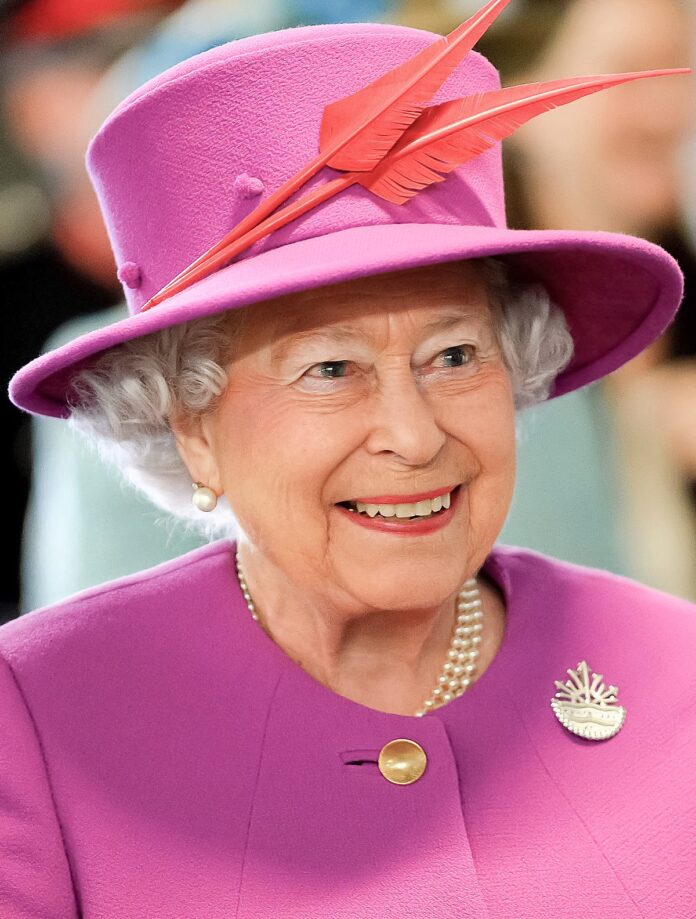The recent revelation by former Israeli President Reuven Rivlin regarding Queen Elizabeth II’s views on Israelis has reignited discussions on the British monarchy’s historical stance towards Zionism. At a London gala celebrating 100 years of the Technion Institute of Technology, Rivlin disclosed that the late Queen perceived all Israelis as “either a terrorist or a son of a terrorist”. Furthermore, she consistently refused to receive Israeli officials at Buckingham Palace except during international events.
These statements provide a rare insight into the Queen’s attitude towards Israel and, more broadly, Zionism. While the British Royal Family has traditionally maintained an image of neutrality in international affairs, the Queen’s alleged reluctance to engage with Israeli representatives suggests a persistent scepticism towards the Jewish state. This revelation aligns with Britain’s historical ambivalence, and at times outright hostility, towards Zionist aspirations; dating back to the Mandate for Palestine (1920-1948).
A Legacy of British Imperial Policy
Britain’s role in the establishment of Israel is complex. The 1917 Balfour Declaration, which pledged British support for a Jewish homeland in Palestine, was later undermined by policies that favoured Arab interests, particularly as Britain sought to maintain its influence in the Middle East. The White Papers of 1939, which severely restricted Jewish immigration to Palestine, even as European Jews faced annihilation during the Holocaust, exemplified Britain’s shifting priorities.
Following Israel’s independence in 1948, British foreign policy remained cautious, if not cold, towards the fledgling state. Unlike other Commonwealth nations, Britain did not embrace warm diplomatic ties with Israel, often prioritising relationships with ‘Arab nations’ due to economic and geopolitical interests. The Queen’s personal stance, as revealed by Rivlin, appears to have been in line with this broader policy of detachment and reluctance to legitimise Zionist leaders.
Anti-Zionism or Political Pragmatism?
While Queen Elizabeth’s reluctance to engage with Israeli officials could be interpreted as personal bias, it is more likely a reflection of British diplomatic strategy. The Royal Family’s ties with the ‘Arab world’ were extensive, with regular state visits to Gulf monarchies and other ‘Arab nations’. By contrast, no Israeli leader was ever granted a state visit during the Queen’s reign. This stark discrepancy suggests that her views were not merely personal but entrenched in the British establishment’s broader reluctance to embrace Zionism.
It is important to distinguish anti-Zionism from antisemitism. While the Queen’s stance, as described by Rivlin, suggests hostility towards the Zionist movement, there is no indication that she harboured animosity towards Jewish people as a whole. Her government’s policies over time, however, often reflected a much more complicated relationship, usually dependent upon which direction the Stars and Stripes flag was blowing.
The Enduring Impact
The revelation of Queen Elizabeth’s scepticism towards Israelis is significant, as it underscores the lasting effects of British colonial-era policies on contemporary geopolitics. While King Charles III’s approach to Israel may possibly be different, Britain’s reluctance, historically, to embrace Zionism wholeheartedly remains a point of contention in diplomatic circles.
As Britain reassesses its foreign policy in the wake of shifting global alliances, the legacy of its historical anti-Zionist stance, exemplified by the Queen’s alleged views, will continue to shape perceptions of British-Israeli relations. Being associated with a nation that is universally acknowledged as a genocide imperialist state is not a good look, and many politicians who are ‘managed’ by Israel should perhaps take a long, hard look at themselves.







